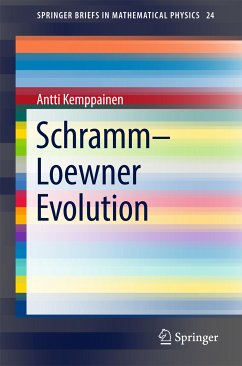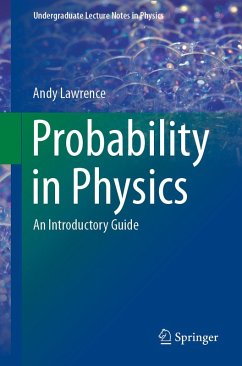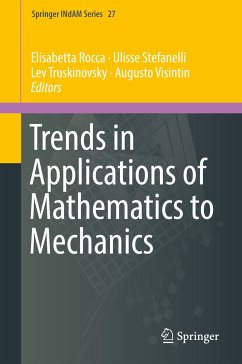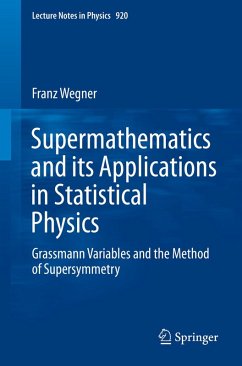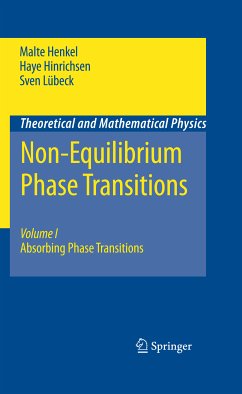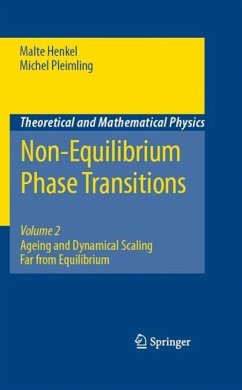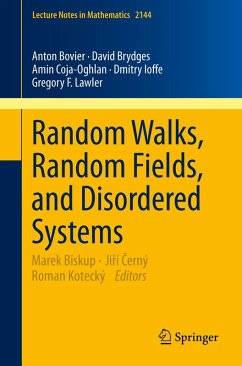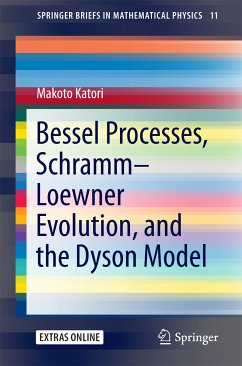
Asymptotic Expansion of a Partition Function Related to the Sinh-model (eBook, PDF)
Versandkostenfrei!
Sofort per Download lieferbar
40,95 €
inkl. MwSt.
Weitere Ausgaben:

PAYBACK Punkte
20 °P sammeln!
This book elaborates on the asymptotic behaviour, when N is large, of certain N-dimensional integrals which typically occur in random matrices, or in 1+1 dimensional quantum integrable models solvable by the quantum separation of variables. The introduction presents the underpinning motivations for this problem, a historical overview, and a summary of the strategy, which is applicable in greater generality. The core aims at proving an expansion up to o(1) for the logarithm of the partition function of the sinh-model. This is achieved by a combination of potential theory and large deviation the...
This book elaborates on the asymptotic behaviour, when N is large, of certain N-dimensional integrals which typically occur in random matrices, or in 1+1 dimensional quantum integrable models solvable by the quantum separation of variables. The introduction presents the underpinning motivations for this problem, a historical overview, and a summary of the strategy, which is applicable in greater generality. The core aims at proving an expansion up to o(1) for the logarithm of the partition function of the sinh-model. This is achieved by a combination of potential theory and large deviation theory so as to grasp the leading asymptotics described by an equilibrium measure, the Riemann-Hilbert approach to truncated Wiener-Hopf in order to analyse the equilibrium measure, the Schwinger-Dyson equations and the boostrap method to finally obtain an expansion of correlation functions and the one of the partition function. This book is addressed to researchers working in random matrices, statistical physics or integrable systems, or interested in recent developments of asymptotic analysis in those fields.
Dieser Download kann aus rechtlichen Gründen nur mit Rechnungsadresse in A, B, BG, CY, CZ, D, DK, EW, E, FIN, F, GR, HR, H, IRL, I, LT, L, LR, M, NL, PL, P, R, S, SLO, SK ausgeliefert werden.



